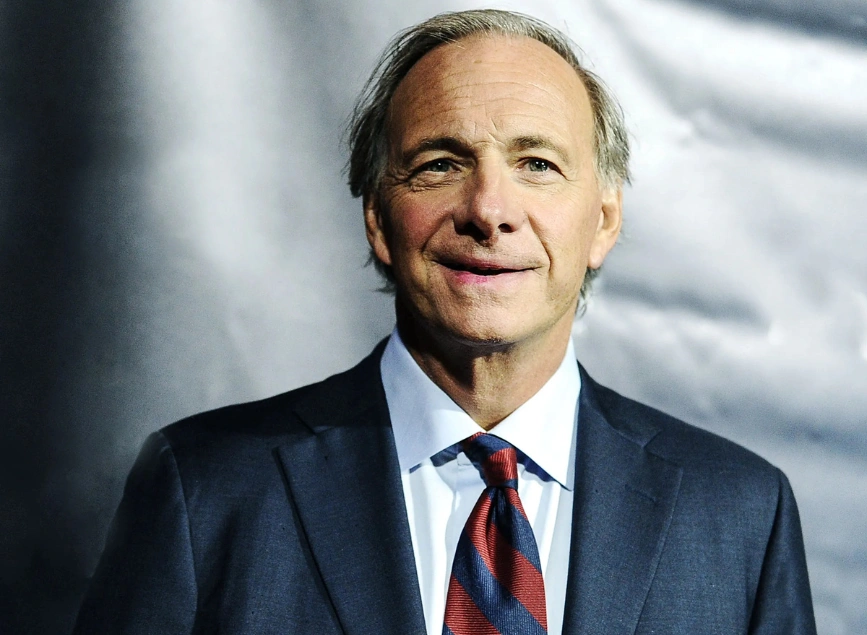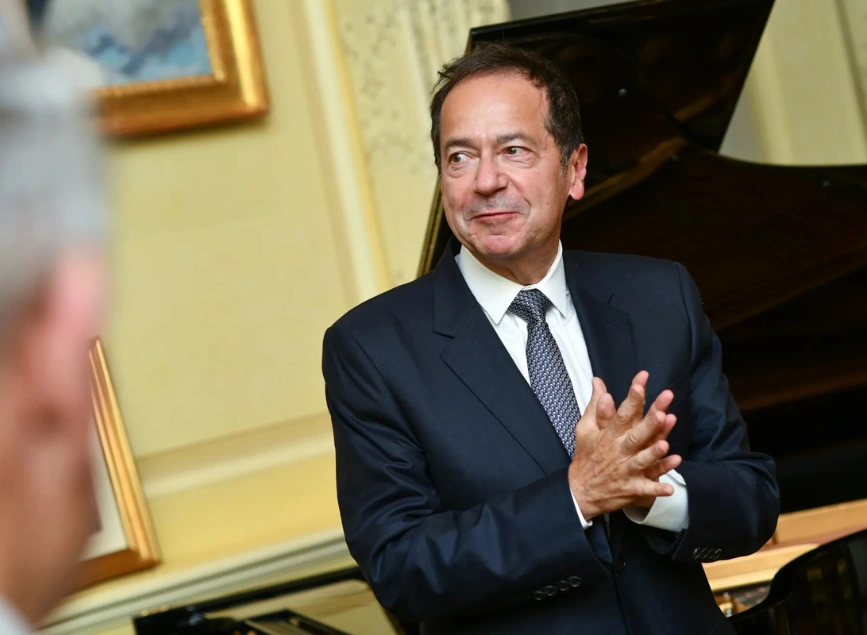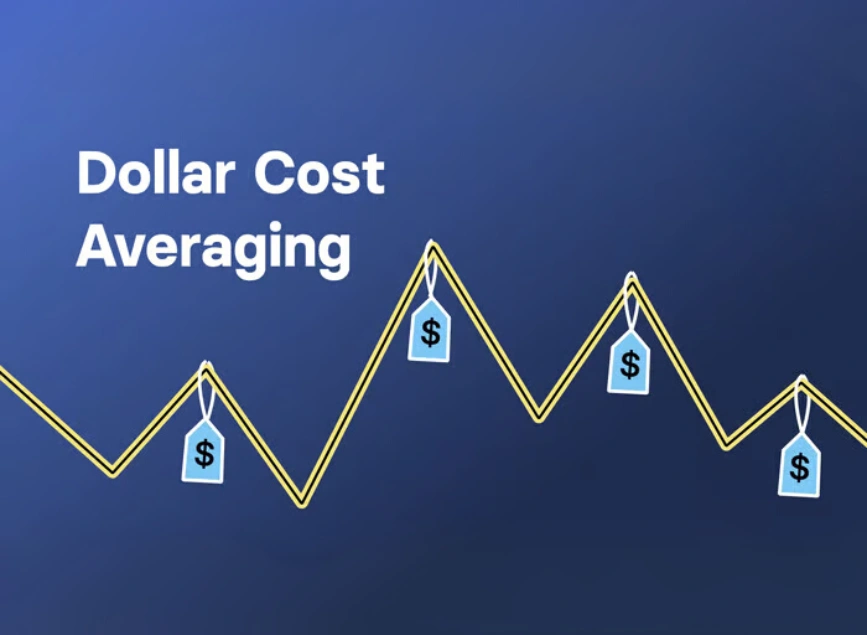
From Fall to Rise: How Ray Dalio Turned Failure into Greatness
Estimated reading time: 3 minutes
Table of contents
Chapter 1: A Young Man with a Big Dream
In the 1970s, when most people on Wall Street were chasing fast profits, a young man named Ray Dalio had a different mindset, one based on logic, research, and long-term thinking.
Fresh out of Harvard, Dalio founded his investment firm, Bridgewater Associates, from his small apartment.
He believed that markets moved based on economic principles, and if you understood those principles, you could predict what might happen next.
His deep analysis, use of data, and focus on market behavior soon attracted attention.
Dalio looked like a rising star.
But then came a mistake that changed everything.
Chapter 2: A Wrong Prediction, and a Total Collapse
In 1982, Dalio confidently predicted that the U.S. economy was about to enter a major depression.
He said so in interviews, on TV, and in front of clients.
But the opposite happened.
The economy recovered and the markets went up, not down.
Dalio’s clients lost confidence and withdrew their money. His firm was nearly wiped out.
He had to shut down parts of the company, lay off staff, and even borrow money from his father to pay his bills.
Later, he described this as:
“One of the most painful and humbling experiences of my life.”
Chapter 3: A New Ray: Built on Principles
Dalio made a choice: not to give up, but to learn deeply from his mistake.
Every time he made a decision (whether it worked or not) he wrote it down.
He reviewed it, analyzed it, and created what he called a “principle” based on that experience.
✅ Over time, he built a system of Principles for Life and Work that helped him think more clearly, act more wisely, and lead more effectively.
He applied those principles to Bridgewater, which slowly began to grow again, this time with structure, discipline, and clarity.
Chapter 4: Back to the Top
In the 2008 global financial crisis, while many big firms suffered huge losses, Bridgewater made a bold and correct call and earned massive profits.
By 2010, Bridgewater managed over $100 billion and became the world’s largest hedge fund.
Dalio later published his bestselling book:
✅ “Principles: Life and Work”, which became a guide for decision-making, leadership, and self-development for people all around the world.
Chapter 5: Lessons from Ray Dalio
📘 1. Mistakes Are a Learning Tool
Dalio says:
“If you don’t learn from your mistakes, you fail. But if you learn, you succeed.”
✅ Practical Tip: Keep a journal of your trades or decisions. Analyze your errors and extract lessons.
🧠 2. Radical Transparency in Communication
Bridgewater is famous for its culture of honest feedback. Anyone can speak up — no matter their position.
✅ Practical Tip: Don’t be afraid of tough feedback. It helps you grow.
⚖️ 3. Decision-Making Based on Merit, Not Ego
At Bridgewater, opinions are weighted based on how reliable the person’s track record is — not their rank.
✅ Practical Tip: Listen to those who’ve been right consistently, not just those who sound confident.
🔍 4. Use Both Data and Intuition
Dalio trusted analytics and economic models, but also valued human judgment and instinct.
✅ Practical Tip: Use charts and tools but don’t ignore your gut or experience.
Final Chapter: The Man Who Still Learns
- Today, Ray Dalio is one of the most respected figures in finance.
- Bridgewater remains a global giant in investment management.
- Dalio also dedicates his time to writing, teaching, and philanthropy.
- His story proves one powerful idea:
- Failure is not the end, it can be the foundation of your greatest success.
Summary: From Mistake to Mastery
📌 A big mistake doesn’t mean you’re finished, it may be the start of your biggest breakthrough.
✅ Principles, discipline, and open-mindedness are the pillars of success.
📌 Most importantly: It’s not how many times you fall, it’s how you rise and evolve.
Share
Hot topics

Best broker for gold trading
There’s always been a certain magic about gold. Before online charts and trading applications, people stored their wealth in coins and bars, trusting that gold would retain its value during...
Read more




Submit comment
Your email address will not be published. Required fields are marked *